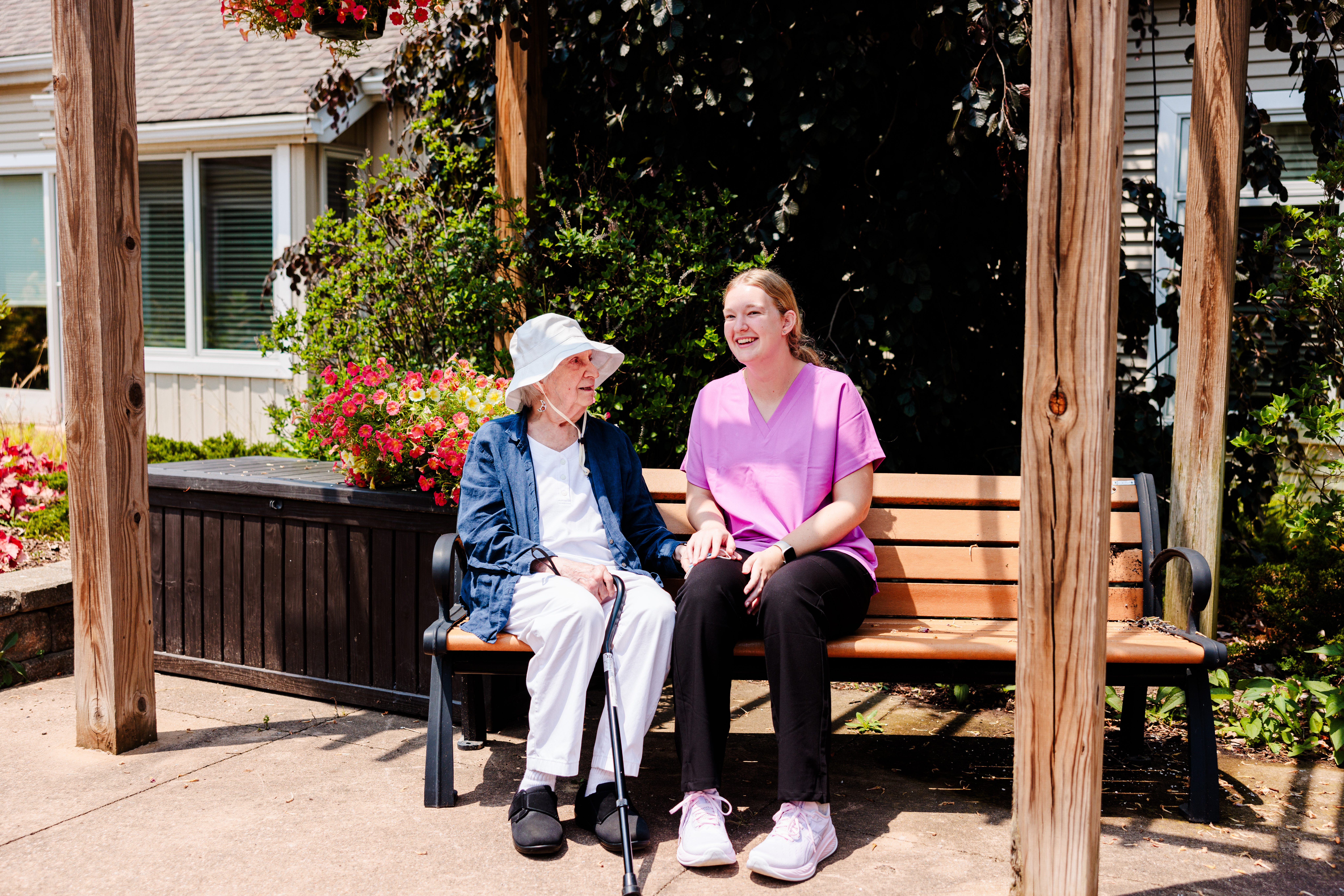Best Doctors 2011: Healthy Advice
by Amber Matheson | Feb. 16, 2011 | 5:00 AM
Trending
-
1
-
2
-
3
-
4
-
5










